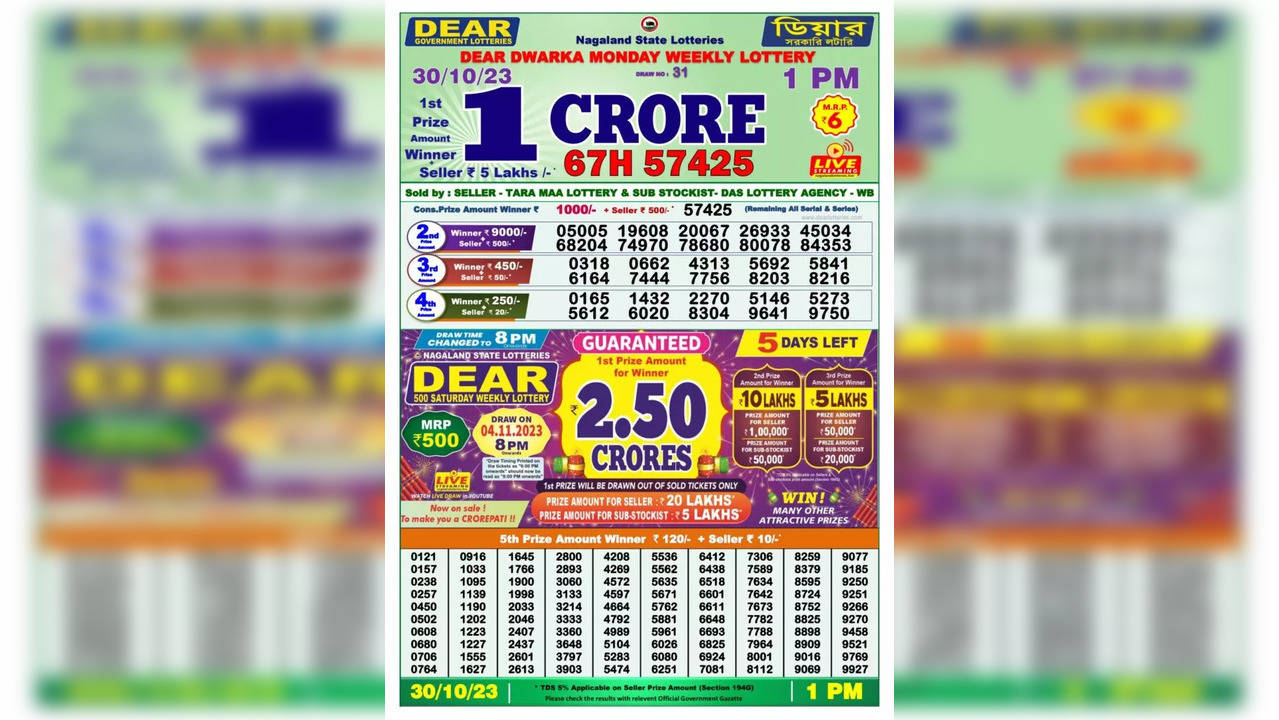
A lottery is a game in which people purchase tickets and hope to win money or other prizes. Prizes can be anything from a lump sum of cash to a car or a house. The game has a long history and is rooted in ancient times. In the 15th century, European towns held lotteries to raise funds for town fortifications and help the poor. In colonial America, the lottery played a big role in public and private projects such as roads, canals, churches, schools, and colleges.
Most modern lotteries have a central organization which sells tickets and records the names and numbers of bettors who buy them. The ticket holder writes his name or other identification on the back and submits it for possible selection in the drawing. In addition, a computer system keeps track of the winners.
Some state governments also operate their own lotteries. These are usually smaller than the national ones and have fewer prize categories. These smaller lotteries often use a different method for selecting winners. They may employ a random number generator or simply choose the winning ticket by drawing numbers out of a container. The small size of these lotteries also limits the potential prize amounts, but they can be a good choice for players who are on a tight budget.
Although there is a chance that someone could win the lottery, it is important to remember that it is not a get-rich-quick scheme. It is much better to earn wealth honestly by working hard, as the Bible teaches (Proverbs 23:5). Using the lottery as a way to get rich quickly is statistically futile, and it will only lead to financial ruin in the long run.
The odds of winning the lottery are very slim, so it is best to play for fun and keep things in perspective. Besides, playing the lottery can be a great way to pass the time and meet new people. However, if you are serious about winning the lottery, there are several strategies that can help increase your chances of winning. For example, it is important to play a number that is rarely used. This will reduce the competition and improve your chances of winning.
Another strategy is to experiment with other scratch off tickets. By doing this, you can find a pattern that works. You can also use a computer program to calculate expected values of different outcomes, assuming that all the possibilities are equally probable. This will help you determine the most likely numbers to choose and will give you a better understanding of how probability works.
Many state governments use tactics to encourage players by raising the jackpot prizes and increasing the amount of winnings. They also take a percentage of the total winnings to cover commissions for retailers, overhead costs for the lottery system itself, and to help winners after they win. The government hopes that this will convince you that the lottery is a good way to raise money for your state.